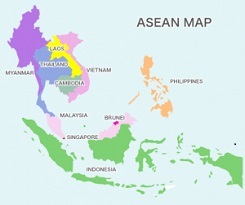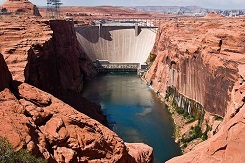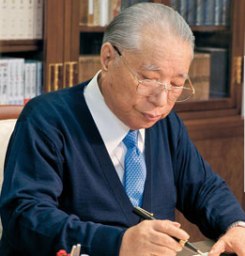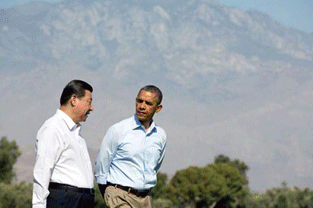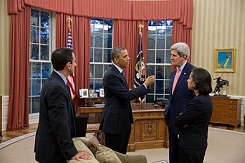An Analysis by Gary Sick*
WASHINGTON D.C. (IDN | POMEPS) – Over the past quarter century, the most accurate single factor to explain security developments in the Gulf, as well as the best predictor of the future, has been and is U.S. policy in the region. Since it began to be a significant force, U.S. policy has undergone at least five major shifts. The current policy, which I will call the Obama Doctrine, represents the latest, and possibly one of the most important, iterations.
The United States has become the dominant military, diplomatic, and economic presence in the Gulf. It is, in effect, a leading Gulf power. This has become such an accepted condition that it is easy to forget just how recent and exceptional it is.

